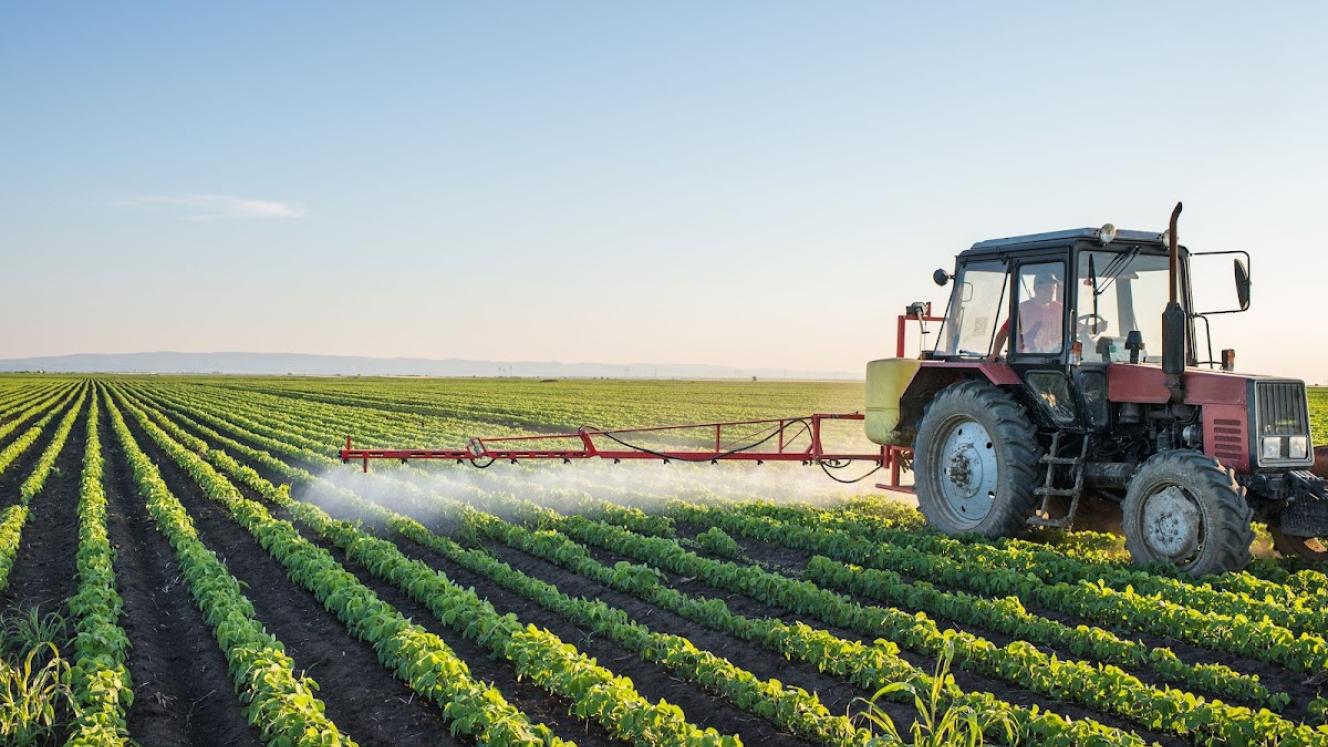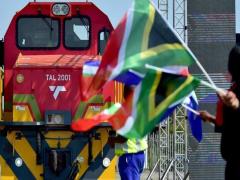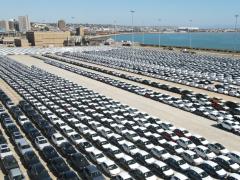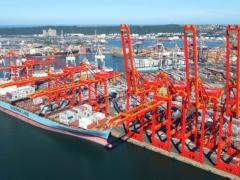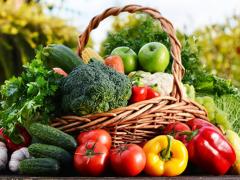Agri SA has urged President Cyril Ramaphosa to announce immediate measures to relieve the crippling burden of load-shedding on farmers to avoid food shortages in the near future.
The agricultural union has warned, ahead of the president’s State of the Nation address on Thursday, that without urgent action in the form of “targeted relief”, the country faces crop failure, higher food prices, and shortages of certain food products.
Load-shedding more than doubled between January and September 2022 compared to the same period in 2021, and Agri SA estimates that the agricultural sector lost more than R23 billion during the period.
“This loss could be exceeded in 2023, threatening the sustainability of the sector and the 800 000 jobs it provides,” the organisation said in a statement on Tuesday.
It added that “given the magnitude of the threat” it had submitted a letter to the National Disaster Management Centre, detailing the far-reaching implications of load-shedding on grains, livestock, poultry, fruit, vegetables, sugar, edible oils and other crops and industries central to food security. It said load-shedding could not be fixed overnight but there were critical short-term measures that could be implemented to mitigate the impact on food security.
Agri SA called on Ramaphosa to ensure the following measures are put in place immediately:
- Declare the agricultural sector and associated value chain an essential service
- Partially exempt the agricultural sector from load-shedding beyond stage 4
- Allow for higher rebates on diesel and petrol used for electricity generation
- Amend the current tariff structure to reduce the cost of electricity during peak times
- Trade load-shedding schedules using a local feasibility study
- Rapidly expand load curtailment to all agricultural areas which qualify
“Unless these measures are implemented, a catastrophe looms for the country because of load-shedding. Farming operations will be disrupted as equipment is damaged due to power failures, the cost of food production will increase as farmers are forced to irrigate at peak prices, and labour costs will soar due to irregular work hours based on load-shedding schedules,” Agri SA said.
“At the same time, meat producers will be unable to pump water for their cattle or to slaughter and process their livestock and poultry. Agro-processing and retail will also suffer as packing and cooling operations fail. The result of all this for food affordability and availability will be devastating.”
The organisation said it was already working with a range of stakeholders to ensure sustainability of the sector.
“Government must play its part, recognising the magnitude of the threat to the nation if food security fails. President Ramaphosa has the opportunity to lead the effort to find solutions, and he must take it.”
